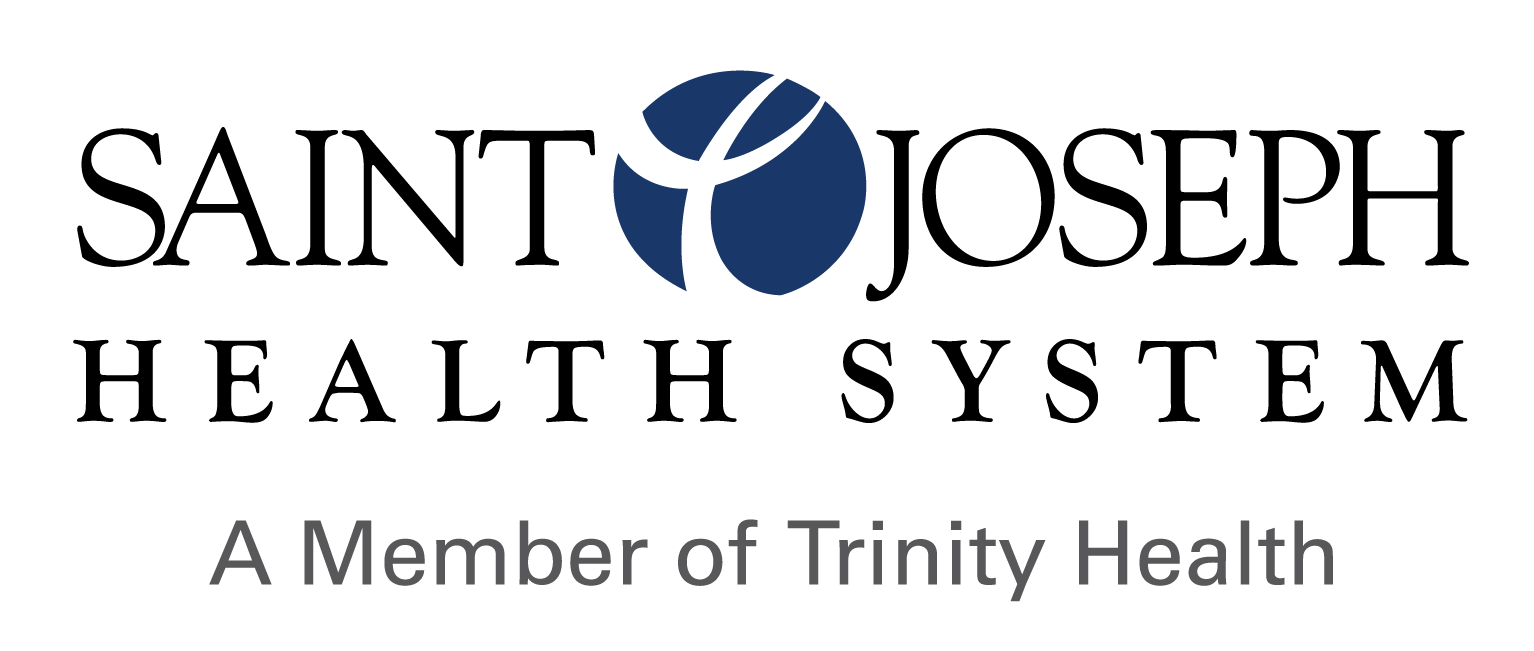Night Float
The night float rotation exposes residents to patient care during non‐traditional care hours. This rotation allows residents to refine history and physical examination skills, develop accurate differential diagnosis, become confident in the delivery of appropriate case presentations to attending physicians, and gain experience in the appropriate use of diagnostic testing and evidence‐based patient management. Additionally, residents encounter uncommon medical conditions and have the opportunity to interact with subspecialists while managing patients with complex conditions. For all levels of residency training, the night float rotation places strong focus on effective hand‐off, teamwork, and shared responsibility for patient care. The Night Float team also responds to all codes and rapid responses and documents its active participation in detailed code notes.
PGY‐1: The night float rotations are designed to give residents more practice in the initial evaluation and management of patients as well as experience in managing patients overnight in the hospital. This assignment consists of three separate 2‐week block rotations during the first year. First residents are primarily responsible for first response to all adult inpatient medicine calls and to complete all admission history and physicals for adult patients
PGY‐2: The night float rotation allows residents the opportunity to work more independently in the initial evaluation and management of patients, and in managing patients overnight in the hospital, and develop skills needed to lead and teach 1st year residents. This assignment consists of three separate 2‐week block rotations during the second year. PGY-2 residents are responsible for all OB calls, evaluation of Obstetric Triage patients for the FMP and assigned OB/GYN community physicians, and the immediate availability of direct supervision for the PGY-1 residents during the last 34 weeks of the academic year
PGY‐3: The night float rotation offers residents the opportunity to lead a team and supervise learners in the initial evaluation and management of patients and in managing patients overnight in the hospital and refine decision‐making abilities needed when managing patients not in house. This assignment consists of one 2‐week block rotations during the third year. Third residents, whose rotations occur during the first 18 weeks of the academic year, are responsible for teaching PGY‐1's and the supervision of the their initial evaluation of patients requiring admission, assistance with phone calls, and supervision of Code / Rapid response calls.
